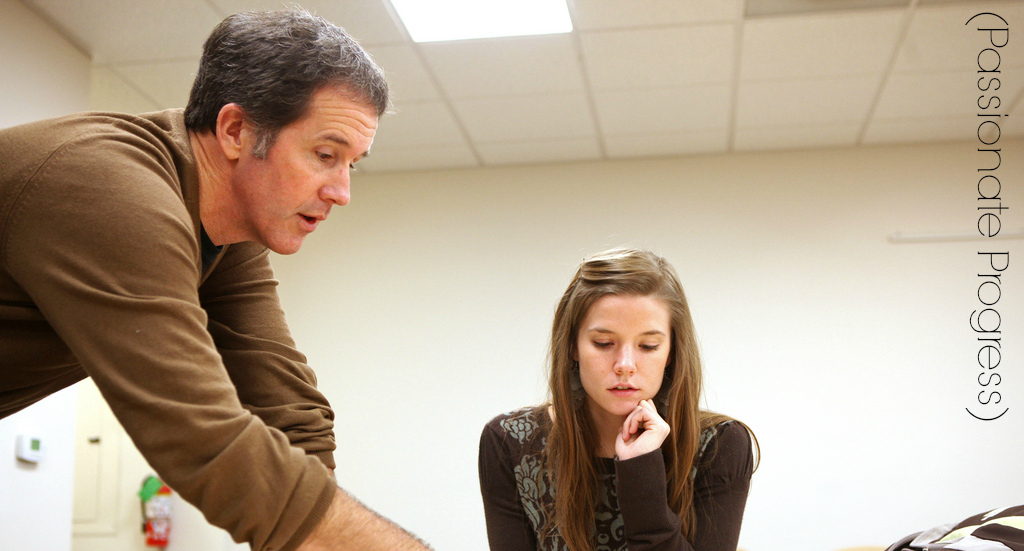How can we encourage more sustainable eating?
Start at the roots of it all.
That’s why Pacific University has a farm that only
surrounds it roots in organic soil.
Pardon the pun; we couldn’t resist.
The B Street Farm is a grassroots organization, dedicated
to sustainable living practices for Pacific University students, local schools,
and other Forest Grove community members. What do they mean by that? Basically,
they’re a certified organic farm that teaches others to do the same. By hosting
site projects that engage participants in community building, research, and
demonstration, they are able to teach others around them how to live more
sustainably as well.
Our farm is affiliated with many other organizations,
dedicated to more sustainable living:
B Street, as it’s referred to by students, is committed
to sustainable living and to providing hands on experiences for learning how to
live more sustainably.
Do you want to be a part of a University that doesn’t
just talk about sustainability, but actually is already taking action?
Contact Admissions to learn how you can apply for free or schedule a visit with Pacific; a University that
takes conversations of sustainability, and turns those conversations into
actions.



